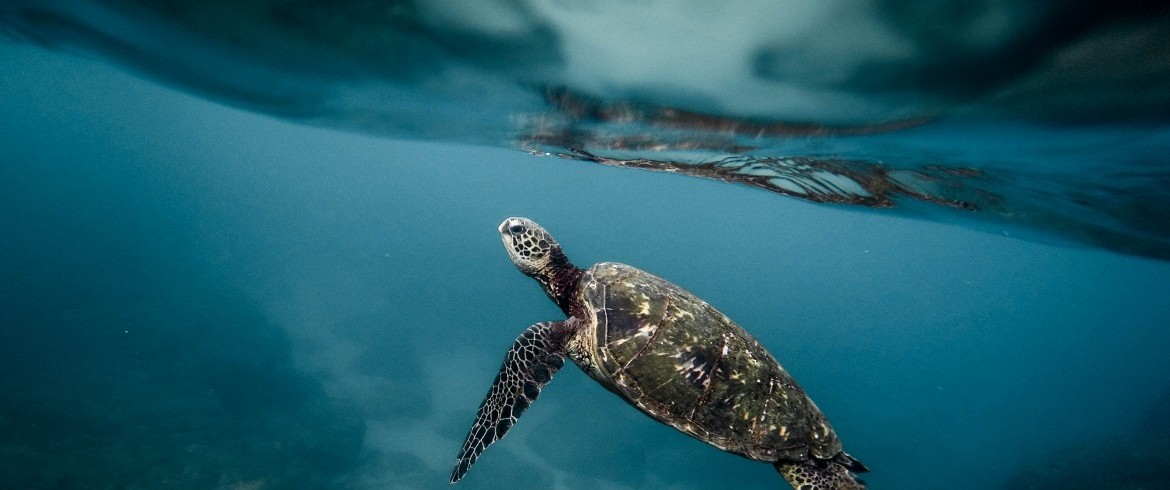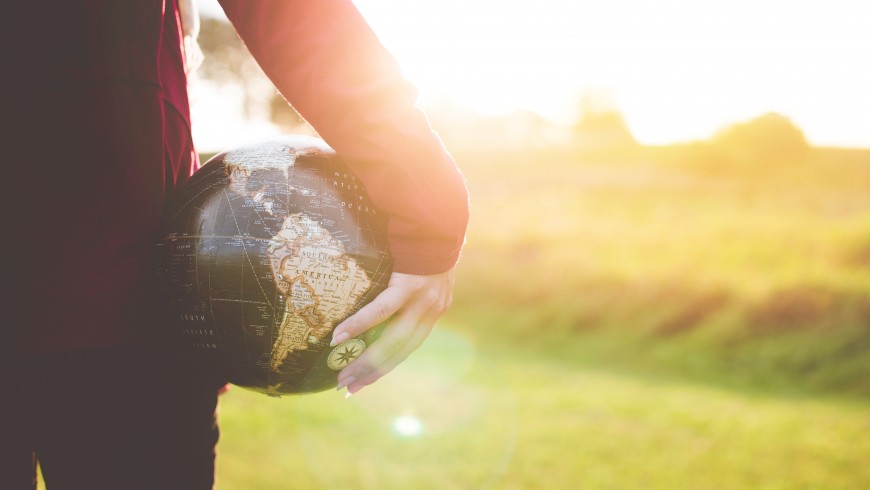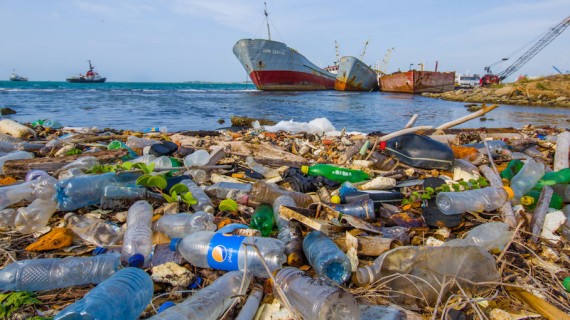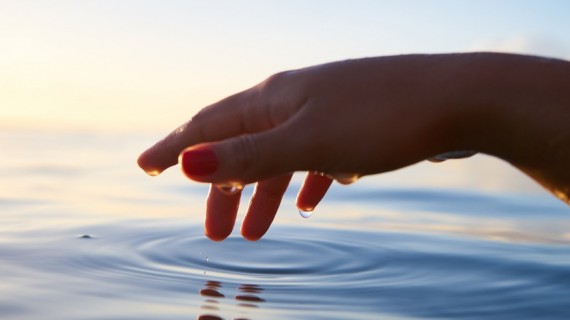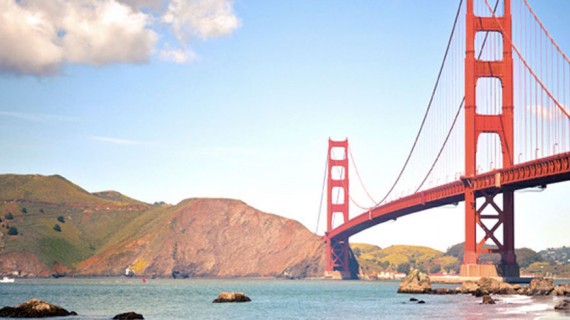Day by day our seas are threatened by plastic pollution. The situation is serious, but world is ready to change for the better.
Today plastic is one of the most important cause of pollution of the environment. Seas are living a very critical situation of which Pacific trash vortex is the clearest evidence of that.
Common perception of the plastic as a worthless thing, is bringing people to waste this material. Changing this behavior can help us all to start considering plastic as a good reusable in thousand different and creative ways and not just like a simple refusal. Certanly, this attitude is important to preserve the planet.
Plastic invasion is forcing humanity to rapidly act to reduce the environmental impact.
About that, first European Commission vicepresident Frans Timmermans said that the actual pace of plastic production is insustainable for the seas: in fact, in 2050 into the oceans there will be more plastics than fishes. Timmermans pointed out also on the paradoxical short lifetime of the plastic compared to its long-term disposal (few minutes to be used, four or five centuries to be assimilated).
According to UN, every year 8 millions tons of plastic wastes are dumped into the seas, nearly 22 tons every day; the actual global production of plastic is estimated in 300 millions tons for each year.
Plastic pollution: the projects that can stop it
But not everything is lost. So, at this point we have to willingly wonder: how can we deal with this big problem?
One of the answers comes, for example, from European Union who had just decided to restric plastic production and completely banning microplastic from 2019.
In accordance with United Nation Environment Programme (UNEP) the best solution to fight plastic waste is recycling, a method not fully applicated until today.
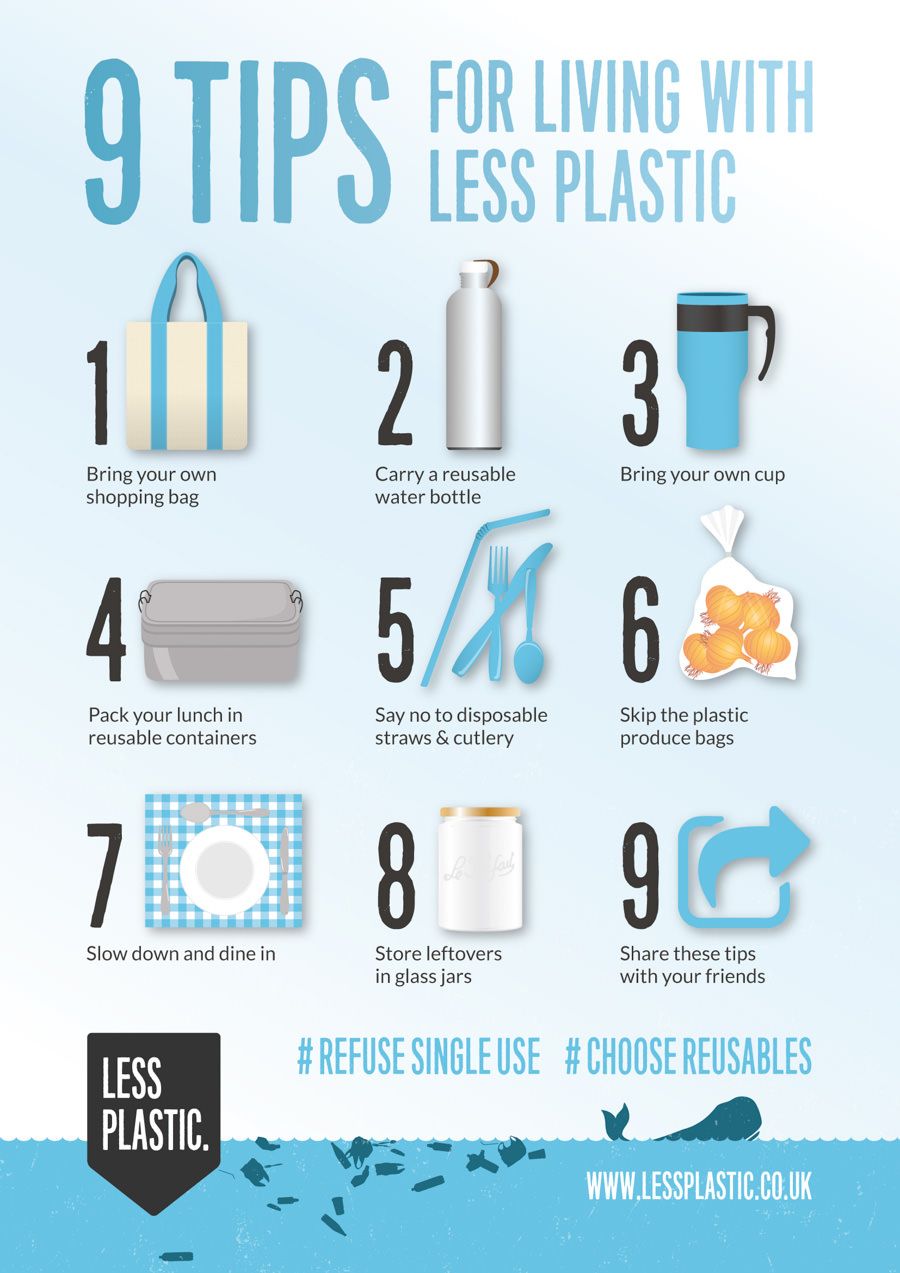
Some national and international organizations and associations are following this direction. For example, important is the global actions of 4Ocean, a successful organization that sell recycled bracelet (made of plastic waste) to self financing its fight against plastic pollution.
In Netherlands, the purpose of the project called PlasticWhale is to get back plastic wastes from the sea. Once fished, this wastes are recycled to make little plastic boats which are used to fish other wastes. PlasticWhale activity is known as the first professional plastic fishing in the world.
Last but not the least is the Seabin project. Created by Andrew Turton and Pete Ceglinski, two young surfers who left their jobs to totally dedicate their lives to seas preservation.Their technological invention is a filtration system of the water based on a floating rubbish bin where wastes are trapped and water is released. Seabin needs an hydraulic pump to set going, reason why it is positioned as near as possible to the land, for example into a port. Turton and Ceglinski’s invention can filtrate until 25,000 liters of water every hours. This method is considered 100% sustainable.
The benefits of reduce plastic pollution
As we have just seen, various realities all over the world are already acting to contrast the negatives consequences of the plastic pollution on our planet.
All these initiatives are definitily adressed to face the problem and to improve the health of everyone, people, animals. Basically, the Earth.
Consequent benefits of all these actions are unquestionably of primary relevance. In fact:
• food chain will become safer than now (one quarter of fishes contains microplastic, according to scientific results of a research jointly led by Greenpeace, University of Ancona and the National research center of Genoa;
• a world with less plastic is a world with reduced carbon footprint;
• thanks to recycled plastic, entreprises can obtain importants profits due to the cut of the production costs: this system encourage circular economy;
• discourage fossil raw materials as petroleum means to reduce the risk of environmental damages, for example spillage;
• the substitution of the plastic with sustainable and renovable materials is a signal of innovation, competitiveness and more employement.
The promotion of the abovementioned objects is essential to raise awareness of the public opinion towards the plastic pollution problem. If we also consider that global population is increasing year after year, the necessity of making consciousness decisions for the planet will be more and more urgent.
Ph. by Jeremy Bishop on Unsplash
